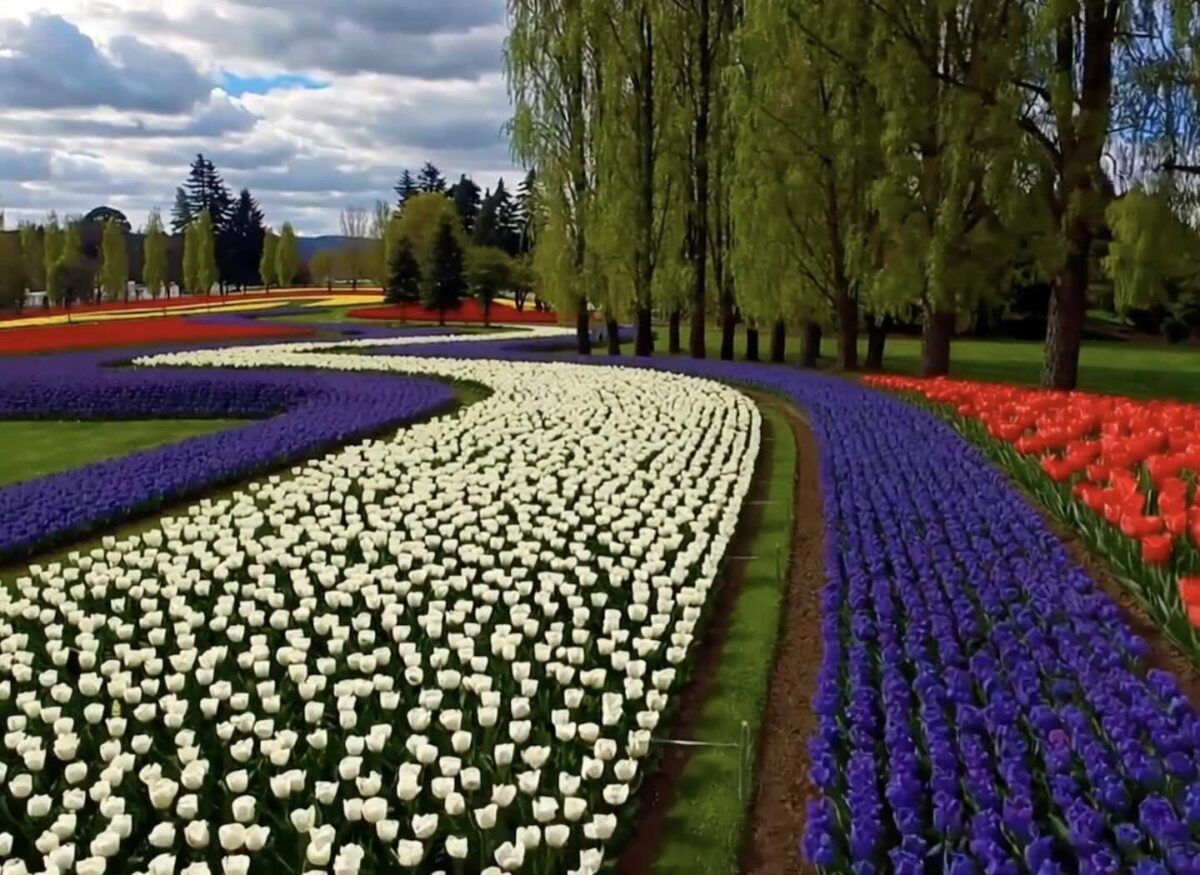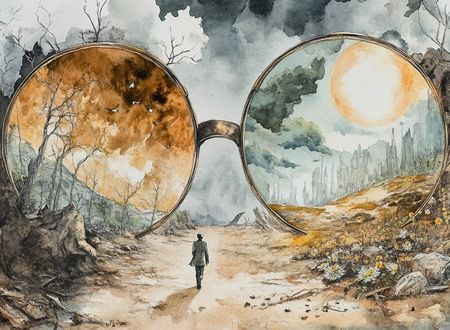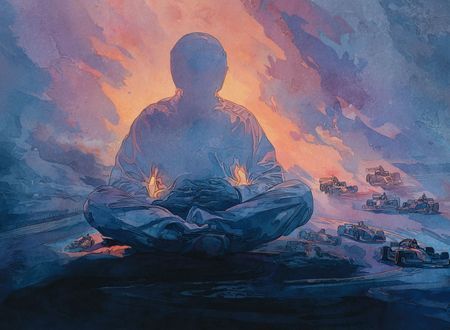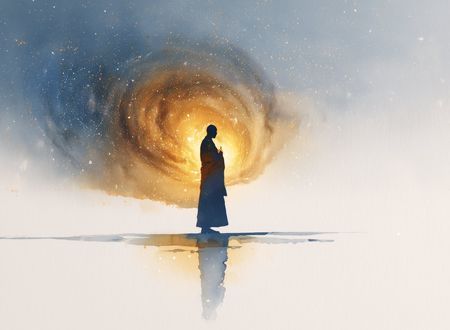I was around 18 years old when I visited a flower show in Canberra. It was called Floriade, an annual festival showcasing the finest Australian flora. It’s a celebration of Spring.
I was still a teenager and so focused (and at times, stressed) about my career that I didn’t appreciate the bliss of solitude, natural beauty or the joy of taking a break as much as I do now. Back then, it was relentless work. 24/7. My days were a cycle of uni, work, sadhana, and reading — little else seemed to matter. My life spun around those four alone.
So on a weekend when the ever loving Arvind Malik (the first person I ever formally initiated) invited me to hop in their car for a drive to Canberra and witness the wonders of Spring, everything had sort of aligned. So merrily, we—Arvind, Alpana, and their two beautiful children, Abhishek and Aaina—set about our journey.
Seeing that dazzling array of flowers, over one million blooms, at the festival was quite a spectacle because belonging to a small town in India, my exposure had been rather limited. I had seen gardens and nurseries all right, but nothing quite like this.
As I wandered through Floriade, a river of blossoms stretched before me, each flower swaying gently in the crisp Canberra breeze, tulips here and daisies there, while hyacinths unfurled their vibrant petals under the soft sunlight. Pansies, chrysanthemums, daffodils, waratahs, kangaroo paws, you name it. It was like stepping into a kaleidoscope of flowers. If not for the waft of the mingled perfume of countless blooms, you might mistake the whole thing for a dream.
It was noteworthy that some flowers were in full bloom, whereas a few were still tender buds. Every seed and sapling had been provided the same conditions and yet, some flowers had blossomed way more than the others where many had not bloomed at all.
Other than Darwin’s survival of the fittest crossing my mind, I distinctly remember thinking about the fate of those plants, the ones that hadn’t bloomed yet. Why hadn’t they? Would they ever?
We all want success, we chase success, each one of us even has our own definition of success. Our definition changes depending on the stage of our life. In fact, it continues to change all the time. Success then is no longer a destination, but more a journey, even a habit. As we move from one decade to another, what had felt like a matter of life-and-death earlier appears a trifle now. When you are a six-year-old kid, even being summoned to the Principal’s office feels like the end of the world.
Changing our definition of success as we evolve is perfectly normal. I guess the issue arises when we look back at our lives and regret spending our time on things we now see as pointless. I wish I could have done this or I wish I had done that. The truth is, you made the best decision you could at the time, given the circumstances and the understanding you had then.
So if anything is pointless, it’s regret. We can only increase the odds of success but cannot guarantee it ever. Virtuous decisions can produce tragic consequences and vice-versa. There’s no way of knowing in advance.
When Julius Caesar burned the ships at the port of Alexandria, a city he had taken control of, he never thought that the fire would spiral out of control and burn much of the ancient library of Alexandria leading to irreparable destruction. But it had seemed like a good idea at the time to secure the harbor. It helps to remember that not all losses come from misinformed decisions, some simply unfold unpredictably.
To have regrets, therefore, for things you could, should or would have done, had this, that, or other been there, is a sign of ignorance. Often such regrets are nothing more than the ramblings of a fickle mind. Patanjali would have called them fluctuations of consciousness.
In the moment, when you are emotional about something, when it comes from your heart, it feels good, it feels right. For example, any writer will tell you that when they revisit their own works a few months after having written them, they find a million shortcomings. The key is not to get it right the first time, that rarely happens, but to have the courage to revise, redraft, and improve. When I read some of my older posts, for example — posts that had looked pretty good to me when I first published them — they now read as pedestrian. When the conscious mind takes over a flowing heart, when reason subdues emotion, we gain a certain objectivity. We get the benefit of hindsight. It’s only natural then, that we think we could have done things better or differently. No one is immune to the bubbles of regrets and inadequacy. They will keep forming and popping on the surface of your consciousness.
na tad asti prithivyam va divi deveshu va punah sattvam prakriti-jair muktam yad ebhih syat tribhir gunaih. BG 18.40. No living being on earth or other planes of existence is free from the influence of the three modes of nature (mode of goodness, passion and ignorance).
But just because you have a regret doesn’t mean that you could have actually done anything different back then. Because remember, you did whatever you did because it seemed like a good idea at the time. Besides, and more importantly, it’s never too late to start making amends. We still don’t know if you will get what you are after because life can be one long random affair. Some flowers will bloom early, many won’t, and some never will. In the end, believe it or not, it wouldn’t really matter.
So whatever is done is done. You might have missed a Spring or two, but it will come again. You just have to be ready when it does. The time to take decisive action, therefore, towards the life you always wanted to lead is now.
As the wise say, it’s okay to be a late bloomer so long as you don’t miss the flower show.
Peace.
Swami
A GOOD STORY
There were four members in a household. Everybody, Somebody, Anybody and Nobody. A bill was overdue. Everybody thought Somebody would do it. Anybody could have done it but Nobody did it.
Don't leave empty-handed, consider contributing.It's a good thing to do today.









Comments & Discussion
217 COMMENTS
Please login to read members' comments and participate in the discussion.